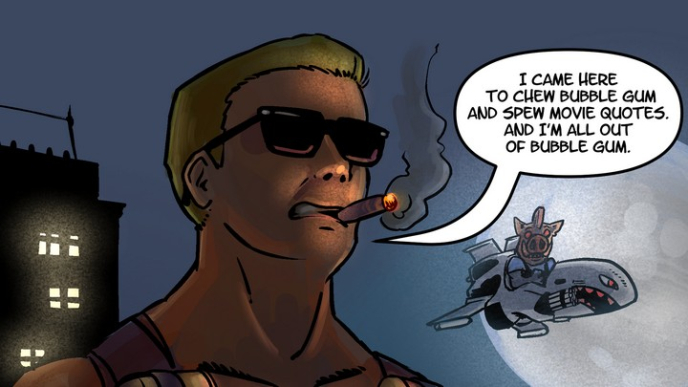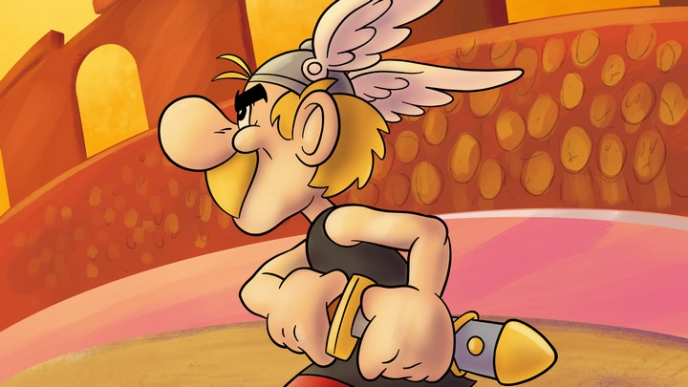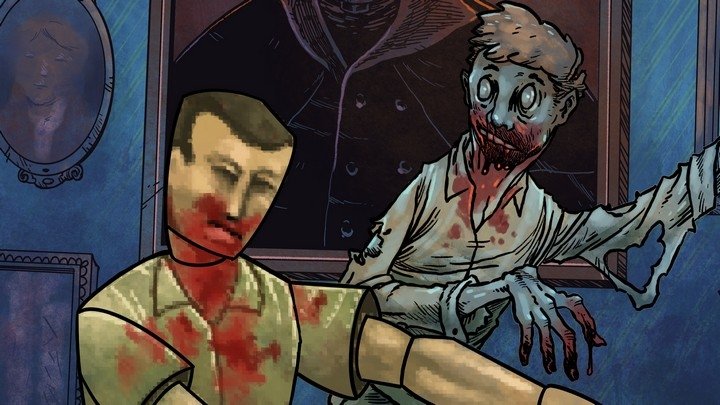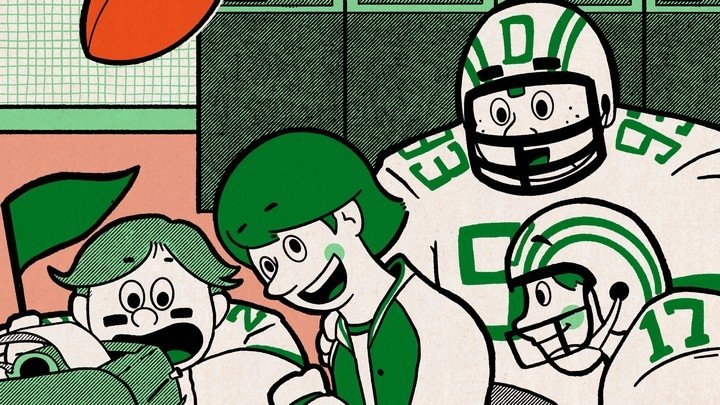Danganronpa V3 and Chunsoft's detective game legacy
How the latest installment in Spike-Chunsoft's "psycho pop" series draws from a 30-year history.
Danganronpa V3: Killing Harmony releases in America this coming Tuesday, and while I've been in love with the series since NIS America took the risk of bringing the first two entries over to our shores back in 2014, it's difficult to talk about the individual games without ruining everything. Since each Danganronpa amounts to a collection of brilliantly convoluted murder mysteries—and typically kicks things off with a major curveball—even Googling for basic details (or images) about the series could have you triggering weapons-grade spoilers. So please don't do that.
Since the title "Danganronpa" doesn't mean much to those who don't speak Japanese (myself included), here's a breakdown of how the series works. Each game starts off with 16 characters trapped in a killing game orchestrated by the devious robo-bear Monokuma. The only way for a person to escape this scenario involves killing another participant, then successfully dodging any accusations at the resulting murder trial. All of this plays out over 40-50 hours via a series of escalating cliffhangers that climaxes in a bombshell reveal about just why everything is happening. In the most basic terms, Danganronpa is Ace Attorney meets Persona meets Battle Royale.
Since much of Danganronpa involves reading and/or listening, Spike-Chunsoft does an admirable job of making the experience feel less passive than it could be. The UI pulses with dayglo colors, the bizarre cast of characters exist as spinning 2D cutouts in a 3D world, and the essential interactions of the Japanese adventure genre—choosing stuff from a menu—are gussied up in all manner of ways. Where Ace Attorney has the player choose a piece of evidence from a list to point out contradictions, Danganronpa tasks you with blasting a contradictory statement out of the sky with "truth bullets." Most of the interactions in Danganronpa's class trials could be presented as simple menus, but Spike-Chunsoft has a knack for transforming them into a series of mini-games that get the same job done with extra flair.
While quibbling over genre classifications is never productive, Danganronpa isn't exactly a "visual novel." There's no great term for what Danganronpa is, so we can just roll with either "Japanese adventure game"—vastly different than the Western style—or "detective game." We didn't see this kind of experience in America until Capcom started releasing the Ace Attorney series in 2005, so many fans of this kind of game might not know just how long the genre has thrived in Japan. Fittingly enough, the release that set the template for the Japanese detective game, The Portopia Serial Murder Case, also came from Danganronpa's developer, Spike-Chunsoft (though they were simply "Chunsoft" back then). And it was the brainchild of Yuji Horii, the guy who would also create Dragon Quest just a few short years later—making him the architect of two distinctly Japanese genres.
Though Portopia bears little resemblance to its anime-infused predecessor, the whole "investigation" aspect of the game plays out via the same actions. You visit different locations—Daganronpa lets you walk to them in a 3D environment—look for clues, talk to people, and bounce ideas off of a friendly assistant (a very fundamental element of the genre). As with Dragon Quest, Portopia boiled down a much more complex and difficult gaming experience into something much more streamlined and digestible, and, with the Famicom port, gave the console audience an experience they likely hadn't seen before.
Portopia's legacy might not be as far-reaching as that of Dragon Quest, but it certainly had an impact. Even Nintendo, known to be innovators more than plagiarists, couldn't resist the lure of Portopia, and developed their own take on the genre with 1988's Famicom Detective Club series. And, despite the fact that the genre remained in Japan for two decades, Japanese detective games have apparently carved out enough of a niche in America to be profitable in our modern era. Even if Capcom is a little gunshy when it comes to releasing all of the Ace Attorney games—two installments written and directed by the creator frustratingly remain in Japan—big, beefy mysteries like Danganronpa and puzzle-game crossovers like the Zero Escape series definitely wouldn't have seen an English localization just a decade ago.
Though Danganronpa boldly defines itself as being part of the "psycho pop" genre, someone (with a lot of time on their hands) could easily turn any game in the series into an 8-bit demake without losing a whiff of what makes its mysteries so addictive. Even so, its unique set dressing gives it a style all its own, and does a great job of reaching a new generation of players who lack the patience to simply sit, read, and occasionally choose selections from menus. If this degree of passivity has kept you away from Japanese adventure games, Danganronpa might just be weird, kinetic and unpredictable enough to win you over.
Danganronpa V3: Killing Harmony releases September 26 for Windows, PlayStation 4, and Vita.




